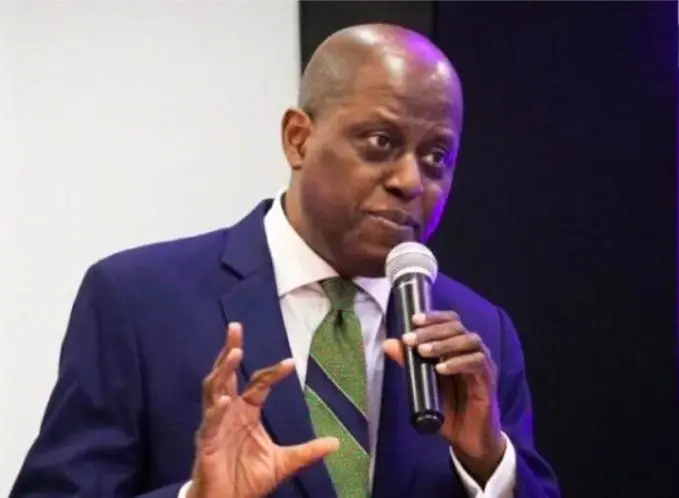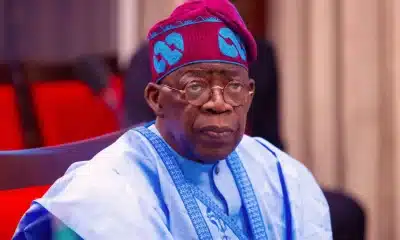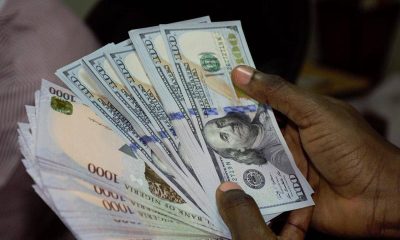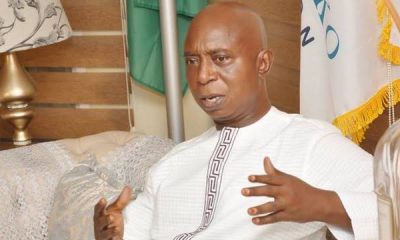Business
Nigeria’s Inflation Rate Will Drop To 21% In 2024 – CBN Gov, Cardoso

The Governor of the Central Bank of Nigeria (CBN), Olayemi Cardoso, has said the country’s inflationary rate will drop from 28.92 per cent to 21.4 per cent in 2024.
Cardoso made this known in Abuja on Tuesday while addressing members of the House of Representatives.
The apex bank chief stated that the projected decline in the country’s inflationary rate is due to the inflation-targeting policies of the federal government.
Cardoso said that improvements in agricultural productivity and easing global supply chain pressures would also contribute to reining in inflation.
He said: “Inflationary pressures are expected to decline in 2024 due to the CBN’s inflation-targeting policy, aiming to rein in inflation to 21.4 per cent.
“This will be aided by improved agricultural productivity and easing global supply chain pressures.
“The CBN’s inflation-targeting framework involves clear communication and collaboration with fiscal authorities to achieve price stability, potentially leading to lowered policy rates, stimulating investment, and creating job opportunities.”
He said that the Nigerian foreign exchange market was currently facing increased demand pressures, causing a continuous decline in the value of the naira.
According to him, factors contributing to this situation include speculative forex demand, inadequate forex supply due to non-remittance of crude oil earnings to the CBN, increased capital outflows, and excess liquidity from fiscal activities.
He said: “The shift to a market-driven exchange rate is intended to create a stable macroeconomic environment and discourage currency hoarding.
“However, short-term volatilities are attributed to arbitrage and speculation.
“To address exchange rate volatility, a comprehensive strategy has been initiated to enhance liquidity in the FX markets.
“This includes unifying FX market segments, clearing outstanding FX obligations, introducing new operational mechanisms for Bureaux De Change (BDCs), enforcing the Net Open Position (NOP) limit, and adjusting the remunerable Standing Deposit Facility cap.”
Cardoso said the steps taken were having a huge economic impact on the citizenry.
He added: “These costs are temporary, and our decisions will address a lot of fundamental issues bothering Nigeria’s macroeconomic landscape.
“These measures, aimed at ensuring a more market-oriented mechanism for exchange rate determination, will boost foreign exchange inflows, stabilise the exchange rate, and minimise its pass-through to domestic inflation.”












